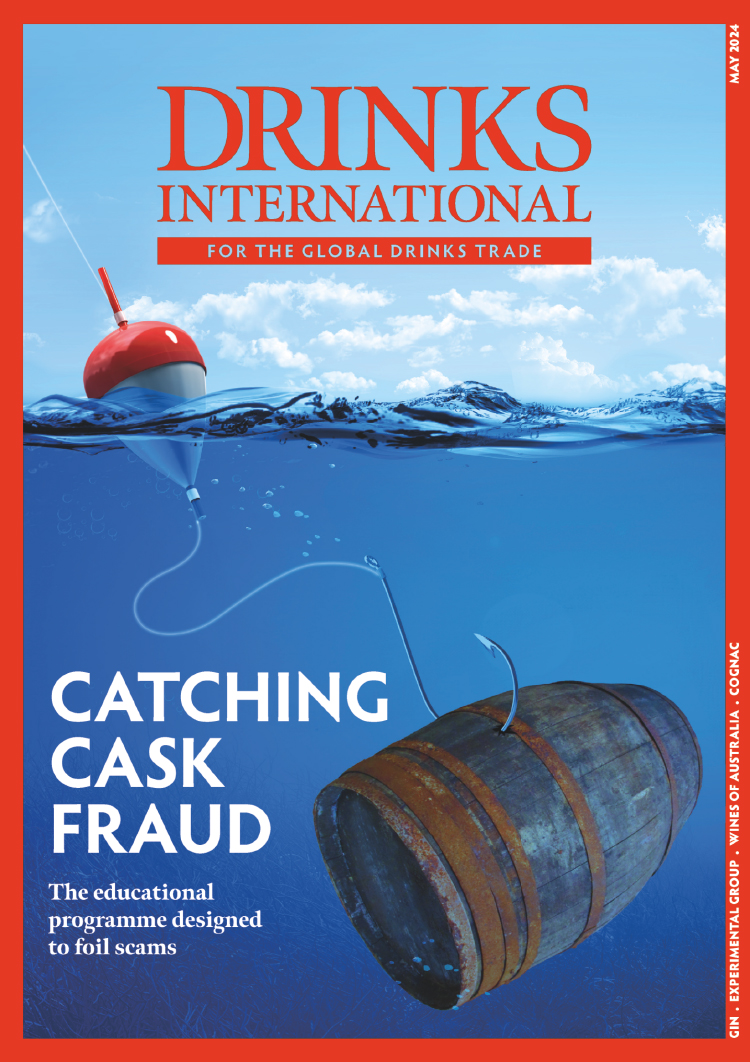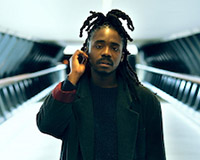This is an almost entirely redundant AVA, because it applies to 99% of wines produced in the state: surely the state name would be better? Brand equity could then be built up. But the large companies wanted the name Washington off the label, to avoid confusion (“Which side of the Potomac are your vineyards located?”), but also – perhaps – so these wines could sit easily alongside Californian wines on the retail shelf.
“I felt that Washington was the worst word you could have on a wine label,” says Shoup. “Word associations with Washington are all negative. If we could create a viticultural appellation we could all put our hat on, we could get people to know Columbia Valley.”
This is where the Washington State identity problem begins. Some wines are labelled just Columbia Valley, without mentioning Washington State. But not having the state’s name on the label has meant the brand equity has not been built as strongly as it ought. And if anyone knows of Washington State, they may well associate the vineyards with rainy Seattle, unaware of the climatic shift that occurs when you head east over the Cascades.
The first AVA in the state was the slightly more meaningful Yakima Valley (1983), which remains the largest of the proper AVAs, closely followed by Horse Heaven Hills, Red Mountain, Snipes Mountain and Wahluke Slope, which were all designated in the 2000s. Perhaps the most interesting AVAs for fine wine are the more easterly ones of Columbia Gorge and Walla Walla, which straddle the border with Oregon.
Five varieties have more than 1,000ha under vine. While Riesling is the state’s most famous white, there’s more Chardonnay planted here (3,100ha versus 2,600ha). Of red varieties, Cabernet and Merlot are kings (4,200ha and 3,300ha respectively), with Syrah a rising star (1,300ha). “Washington is in this weird state of being able to do a lot of things very well,” says Airfield Estates winemaker Marcus Miller.
MERLOT EXCELS
Although Merlot is widely seen as a junior and lesser partner to Cabernet, here it excels, making wines with presence and structure. “Merlot is one of the stars of Washington State,” says Ste Michelle head winemaker Bob Bertheau. Caleb Foster, winemaker for J Bookwalter, is even more bullish: “Merlot here is the best in the world,” he says.
“In 20 years time Washington State will be known for Syrah,” says Jeff Lindsay-Thorsen, whose boutique operation, WT Vintners, is making some stunning wines from a lock-up in the Woodinville warehouse district. “Cabernet grows well in Washington, but Syrah reflects the place where it is grown.” Boo Walker, sales and marketing man at Hedges Family Estatem adds: “If Syrah were easier to sell, we would grow a lot of Syrah.”
Chris Camarda, whose Andrew Will winery has been one of the fine wine pioneers in the state, specialises in Bordeaux blends and backs a different variety. “Cabernet Franc is the most important grape in the state,” he claims. “I envision in 50 years’ time this state will be making wine like they do in Bordeaux, with the grapes that grow the best.”
Despite the dominance of more affordable wine, there’s a growing fine wine dimension here, too. Smaller producers are increasingly making wines that are attracting the attention of critics, and there’s a welcome move away from the big, riper-styled reds that have been popular in the past. This tendency to favour ripeness has been encouraged by the wine law that allows significant water addition to must to reduce the potential alcohol levels.
“We do some water backs if the sugars get out of control,” admits Ste Michelle’s Berthau. But, he adds: “Winemakers and critics together are moving away from the high alcohol and sweet fruit combination.” Particular hot spots for high-end wines include the Walla Walla, Red Mountain and Columbia Gorge AVAs. It is likely Washington State’s fine wines are the ones that could finally put it on the radar of wine lovers, and end its identity crisis.




